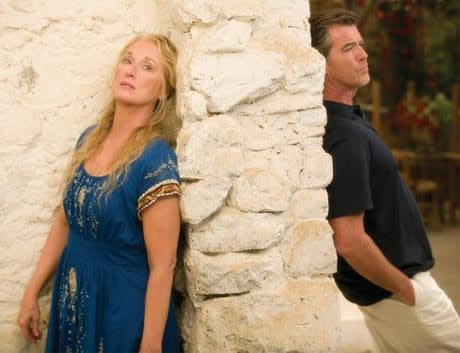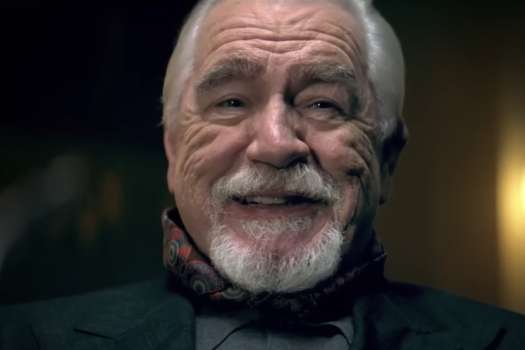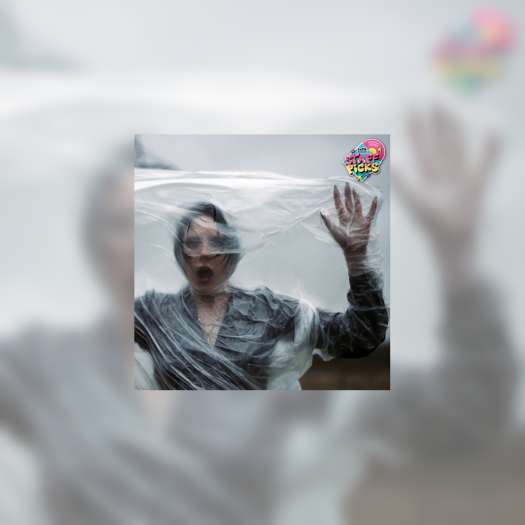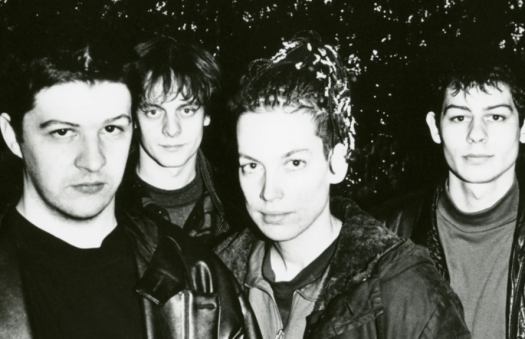I've always questioned whether Mamma Mia! was made for true ABBA fans or if it was just a guaranteed money-maker designed to cash in on the popularity of ABBA's best known songs by exploiting the bond between mothers and daughters everywhere. Seeing the movie adaptation of the blockbuster musical convinces me it's without a doubt the latter, but that's not to say there isn't any fun to be had with the DVD. If you're like me, you're well aware that Pierce Brosnan has a worse singing voice than Woody Allen in Every One Says I Love You, but luckily the producers have included a "sing-along" function that sets up the movie to screen in full karaoke mode. This way you can drown out Meryl Streep's vocal lowliness with your own, and take in all of the fluff in the overtly campy plot at your own leisure. Streep, of course, plays Donna, the single mother of bride-to-be Sophie (Amanda Seyfried). But little does Donna know that Sophie has gone behind her back and invited the three men of her mother's past who could be her father (Brosnan, Colin Firth and Stellan Skarsgård) to the wedding. From there, enough confusion ensues to make any episode of Three's Company plausible. But a happy ending is achieved with large-scale amateur singing and dancing, as well as the understanding acceptance of every character pulled into the bride's scheme. Frankly, I felt the geeky, embarrassing fandom of Toni Collette in Muriel's Wedding was a better tribute to the music of ABBA - the musical bits were done with the utmost adoration and devotion, which showed that the music itself meant something to the characters. Here, everyone is simply trying to convince us that you can brush off a former flame by singing "The Winner Takes It All." However, I'm sure the millions who made Mamma Mia! a box office smash would disagree with me - my response would be to ask them how many times they've seen Muriel's Wedding. Lloyd's commentary is typical of any first-time director, being heavy on pointing out just about everything she can, especially the setting, which blended a Greek island with a carefully masked and manipulated studio. What's more interesting though is hearing her compare the differences between the stage production and the movie, as well as continually acknowledging how Benny Andersson and Björn Ulvaeus played their parts supervising the music. The deleted scene features Sophie confronting Bill about whether he's her father to the tune of "The Name of the Game"; it's as relevant as any of the other numbers but in her commentary Lloyd mentions the song's slow tempo and lack of urgency as reason why it was cut.
(Universal)Mamma Mia!
Phyllida Lloyd

BY Cam LindsayPublished Dec 23, 2008



